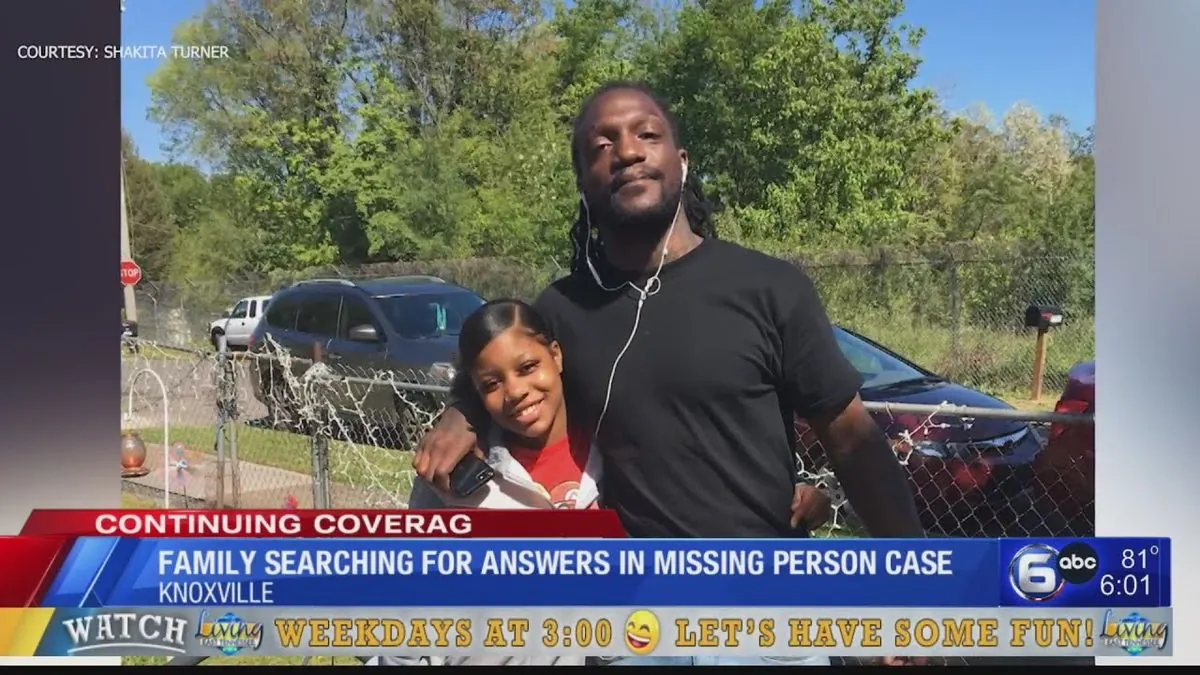Family Sues Hospital After Year-Long Search for Deceased Daughter
A California family's year-long search for their missing daughter ended tragically when her body was discovered in a hospital morgue. The incident has led to a $15 million lawsuit against the healthcare provider.

In a distressing case highlighting potential flaws in hospital procedures, the family of Jessie Peterson has filed a $15 million negligence lawsuit against Mercy San Juan Medical Center in Sacramento, California. The suit alleges that the hospital failed to inform them of Peterson's death and left her body in an off-site cold storage facility for a year.
Peterson, a 31-year-old woman with type 1 diabetes, passed away at the hospital on April 8, 2023. However, her family claims they were told she had discharged herself against medical advice. This misinformation led to a year-long search, during which her mother and sisters reported her missing, distributed flyers, and canvassed areas she frequented.

The family's ordeal ended in April 2024 when Sacramento County detectives informed them that Peterson's remains were found in the hospital's morgue, still wearing her identification bracelet. This discovery came a full year after her death, raising serious questions about the hospital's protocols and communication procedures.
Dignity Health, the owner of Mercy San Juan Medical Center, expressed sympathy but declined to comment on the pending litigation. The healthcare provider is part of CommonSpirit Health, which operates 140 hospitals across 24 states, making it the largest Catholic health system in the United States.
Legal experts suggest that such cases, while shocking, are not uncommon. Christopher Ogolla, a law professor at Barry University, notes that lawsuits involving mishandled human remains occur across the country. However, these cases often present challenges for grieving families seeking justice.
"The facts may be little different in each situation, but cases of hospitals mishandling corpses abound."
One significant hurdle is establishing the hospital's duty of care to the family members, as opposed to the deceased patient. A 2003 California court ruling suggests that hospitals may not owe a duty to next of kin in disposing of remains. Additionally, proving and quantifying emotional distress damages can be complex.
The lawsuit seeks $5 million in compensatory damages and $10 million in punitive damages. While the potential for punitive damages distinguishes this case from similar incidents involving government agencies, the family's attorney, Marc Greenberg, hopes the legal action will prompt changes in hospital procedures to prevent future occurrences.
This case underscores the importance of proper communication and record-keeping in healthcare settings. It also highlights the emotional toll on families when such systems fail, as Peterson's mother, Ginger Congi, spent a year searching for her daughter, unaware that she had already passed away.
As the legal process unfolds, this case may have broader implications for hospital protocols and the handling of deceased patients' remains, potentially leading to improved practices and accountability in the healthcare system.


































